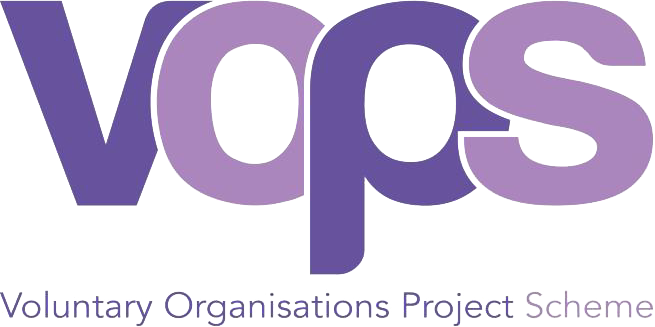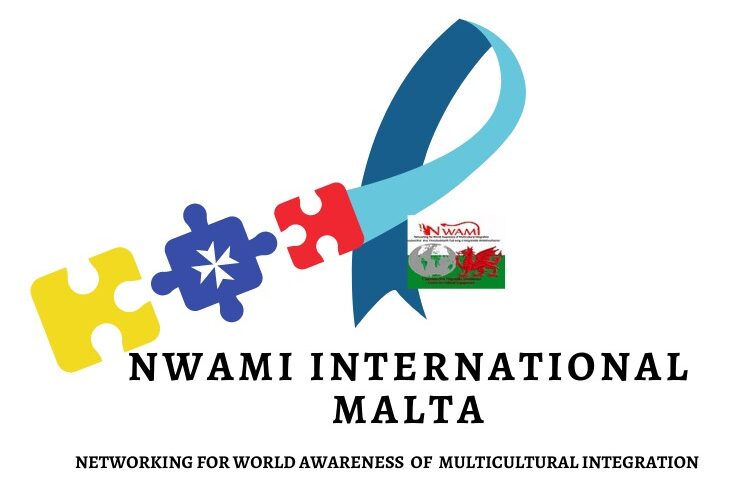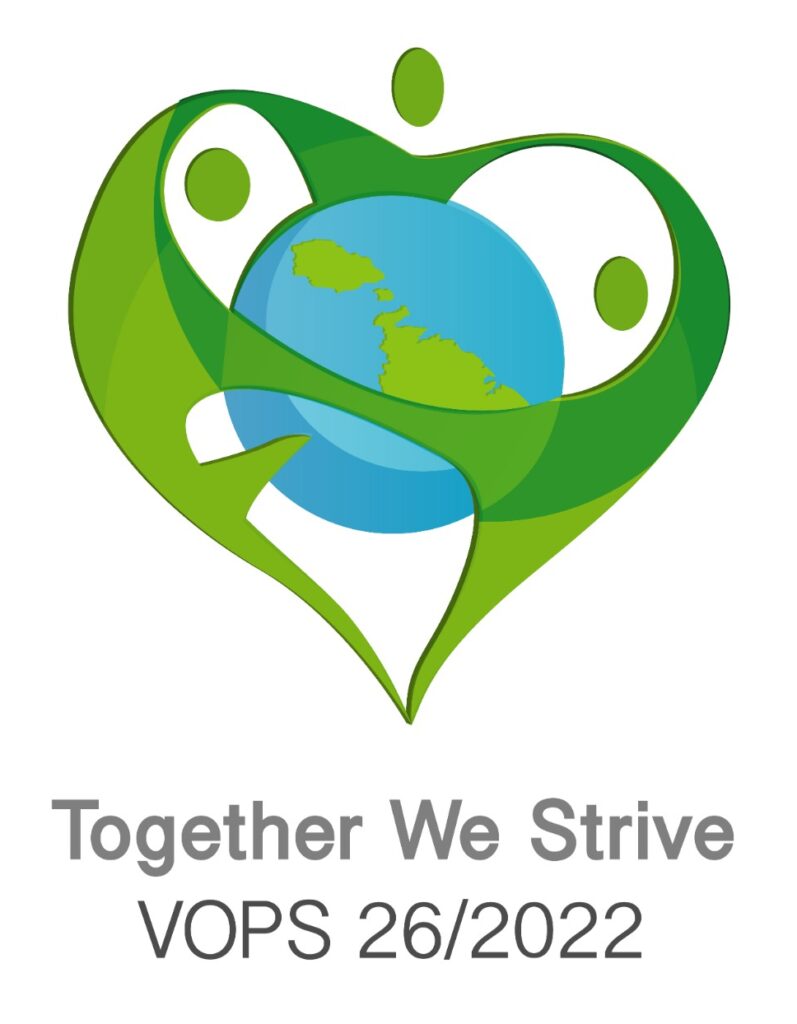
Suggestions for Policy
Stakeholder discussion and proposals for systemic sustainability policy
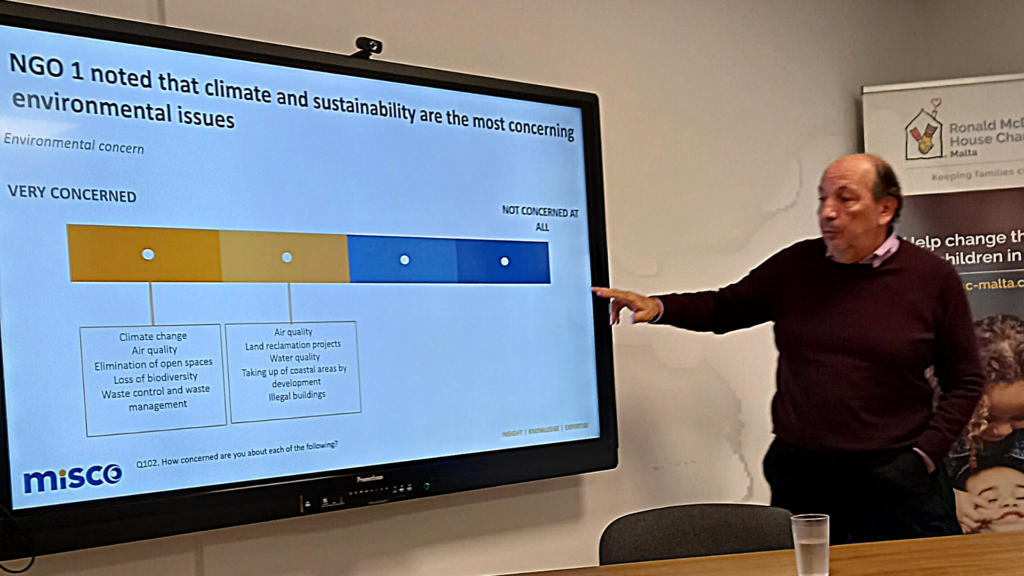
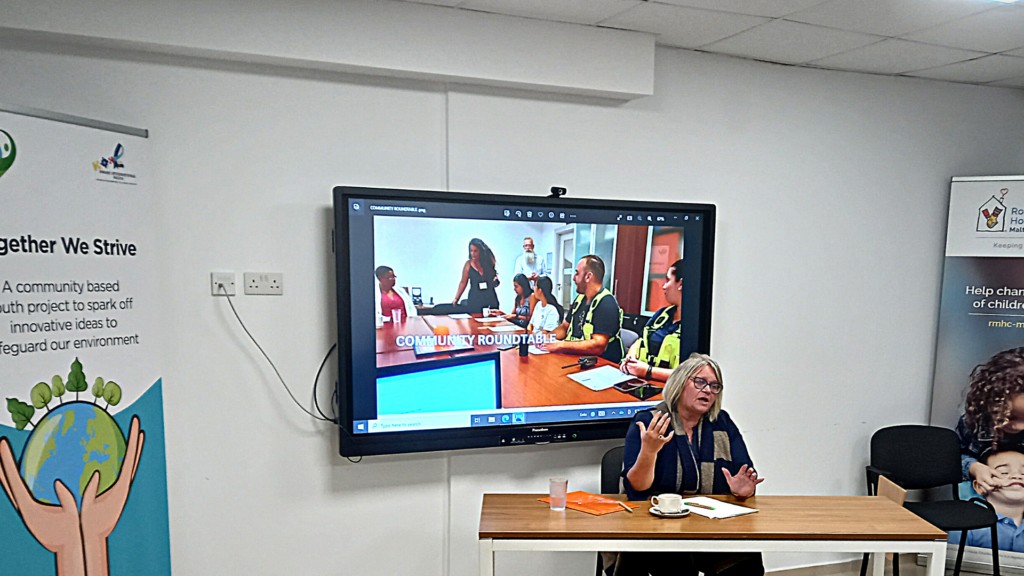
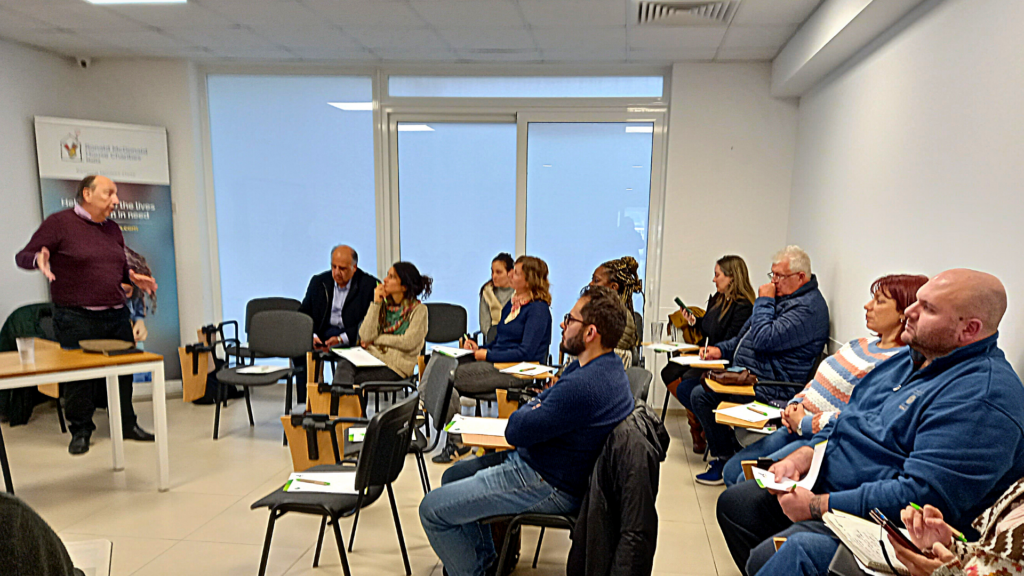
The lively discussion that ensued combined actual lived experiences and policy ideas, together with a number of micro-actions suggested which were then grouped into wider policy ideas, as per the main points below:
- The setting up Community Exchange Hubs which can include help for parenting, intergenerational contact, life skills and other community support. Immigrants to be involved actively giving them further opportunities to engage and integrate.
- Youth Hubs for environmental and social issues, as a development from the traditional youth centre, but also the need to invest further in developing the youth centre concept and developing alternative spaces in the community for young people.
- Community agricultural allotments or gardens with a potential for intergenerational cooperation, skills transfer/exchange and education, hands-on community activities, learning by doing.
- Collabration through apps and virtual technology that promote virtuous citizen behaviour, such as nationwide challenges and information campaigns on sustainable cooking and food consumption and purchase, transportation and mobility, recycling and waste disposal.
- Synergy with educational institutions such as MCAST and others for voluntary work internships or apprenticeships, together with links with business for CSR actions involving the environment. For 2023, working with the framework of the EU’s European Year of Skills.
- A general principle of greater work and cooperation with national and local government to obtain spaces, create initiatives, draw up training actions and further promote engagement, Inclusiveness and accessibility need to be involved in all concepts.
- Appreciating migrants’ worldviews based on evidence and research, and refusing overdominance of the Western perspective, whilst still engaging with misrepresentations through a public education programme on the scientific and societal implications of climate change: engage academics and intellectuals from Africa, and include in educational policy towards wider awareness and critical thiniking.
- Work towards obtaining a structure of constant and long-term cooperation between NGOs and local councils, such as by making semi-mandatory certain types of similar engagements, together with integration through other avenues, such as language.
- Public educational programmes for local and migrant communities on climate change, causalities of carbon footprint and climate resilience should be paramount priorities, as throughout the project it became evident that the common understanding of the above mentioned terms and concepts and their implications is very poor.
Once again, there was widespread agreement that a structure such as NWAMI International Malta be the central hub for the coordination of these activities and policies, through the integration of views and perspectives, but also with an aim to improve the resources for a better political influence and wide-ranging strategic action.

THIS PROJECT HAS BEEN FUNDED THROUGH THE VOLUNTARY ORGANISATIONS PROJECT SCHEME MANAGED BY THE MALTA COUNCIL FOR THE VOLUNTARY SECTOR
